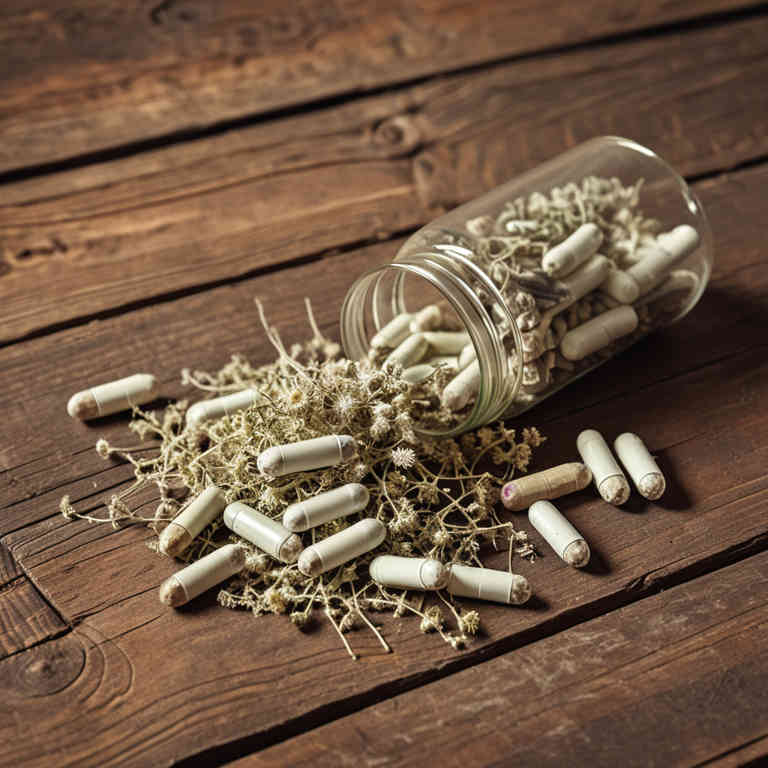10 Best Althaea Officinalis Preparations
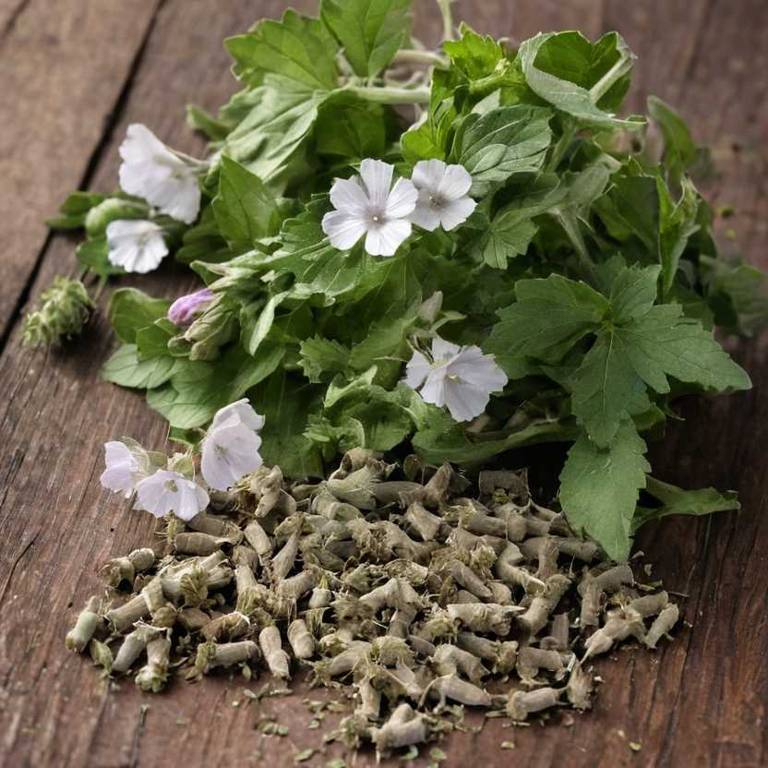
The best medicinal preparations of Althaea officinalis are teas, mucillages, decoctions, syrups, and linctuses, each offering unique therapeutic benefits.
Teas are commonly used to soothe digestive issues and promote relaxation.
Mucillages, derived from the plant's roots, are prized for their thick, gel-like texture that coats and protects mucous membranes.
Decoctions involve simmering the root to extract its healing compounds, often used for respiratory ailments.
Syrups and linctuses are prepared to ease coughs and soothe irritated throats, making them popular in traditional remedies.
Below there's a list of the 10 best herbal preparations of althaea officinalis for medicinal purposes.
- 1. Teas
- 2. Mucillages
- 3. Decoctions
- 4. Syrups
- 5. Linctuses
- 6. Lozenges
- 7. Poultices
- 8. Tinctures
- 9. Creams
- 10. Capsules
1. Teas
Althaea officinalis teas is commonly used to soothe respiratory and digestive tract irritation, alleviate coughing, and ease symptoms of sore throats and mild gastrointestinal discomfort.
The most common medicinal uses of this herbal preparation include treating coughs, bronchitis, sore throat, and digestive issues such as indigestion and inflammation of the stomach lining. The bioactive constituents responsible for its medicinal properties include mucilage, which forms a protective coating over mucous membranes, along with flavonoids, tannins, and alkaloids that contribute to its anti-inflammatory and soothing effects. Additionally, the plant contains glycosides and polysaccharides that enhance its therapeutic benefits.
These components work together to reduce irritation and promote healing in the respiratory and digestive systems.
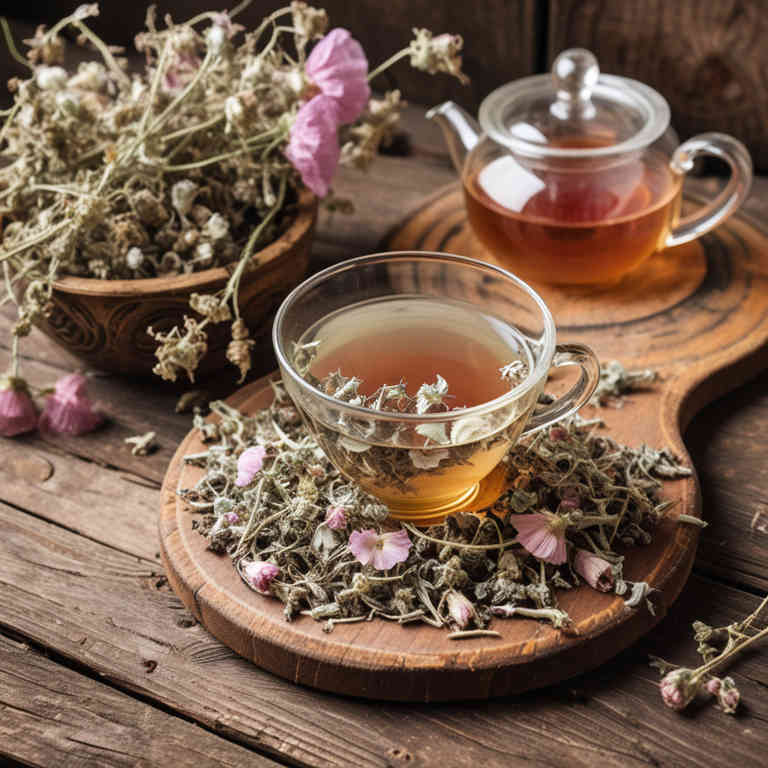
2. Mucillages
Althaea officinalis mucillages is commonly used to soothe irritation and inflammation in the respiratory and digestive tracts.
It is often employed to treat conditions such as coughs, sore throats, gastritis, and inflammatory bowel disorders. The mucillages act as a demulcent, forming a protective layer over mucous membranes. The bioactive constituents include polysaccharides, mucilage, tannins, and flavonoids, which contribute to its anti-inflammatory and soothing effects.
These properties make it a valued herbal remedy in traditional and modern medicine.

3. Decoctions
Althaea officinalis decoctions is commonly used to soothe respiratory and digestive tract irritations due to its mucilage content.
This herbal preparation is frequently employed to treat coughs, sore throats, bronchitis, and gastrointestinal issues such as ulcers and inflammation. The mucilage, a thick, gel-like substance, coats and protects mucous membranes, reducing irritation and promoting healing. Other bioactive constituents include flavonoids, tannins, and alkaloids, which contribute to its anti-inflammatory, antimicrobial, and mild analgesic effects.
Althaea officinalis decoctions are also used to alleviate symptoms of asthma and as a demulcent to ease discomfort in the urinary tract.
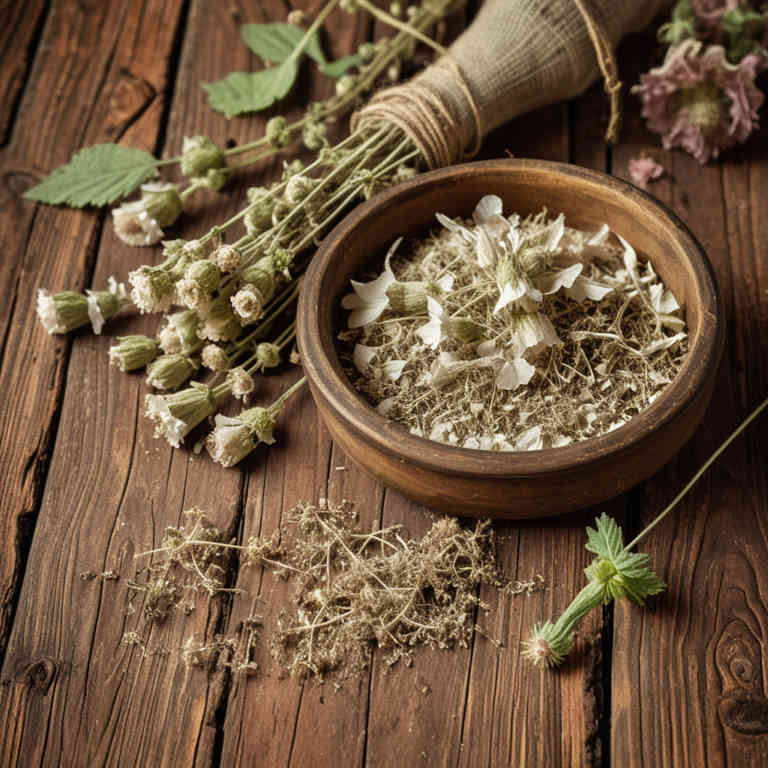
4. Syrups
Althaea officinalis syrups is commonly used to soothe respiratory tract irritation and alleviate symptoms of coughs, sore throats, and bronchitis.
These syrups are particularly effective in reducing inflammation and lubricating the mucous membranes in the throat and airways. The most common medicinal uses include treating coughs, bronchitis, and other respiratory conditions, as well as providing relief for sore throats and digestive tract irritation. The bioactive constituents responsible for these effects include mucilage, which forms a protective layer over irritated tissues, and flavonoids, which have anti-inflammatory and antioxidant properties.
Additionally, the presence of alkaloids and tannins contributes to its soothing and antimicrobial effects.
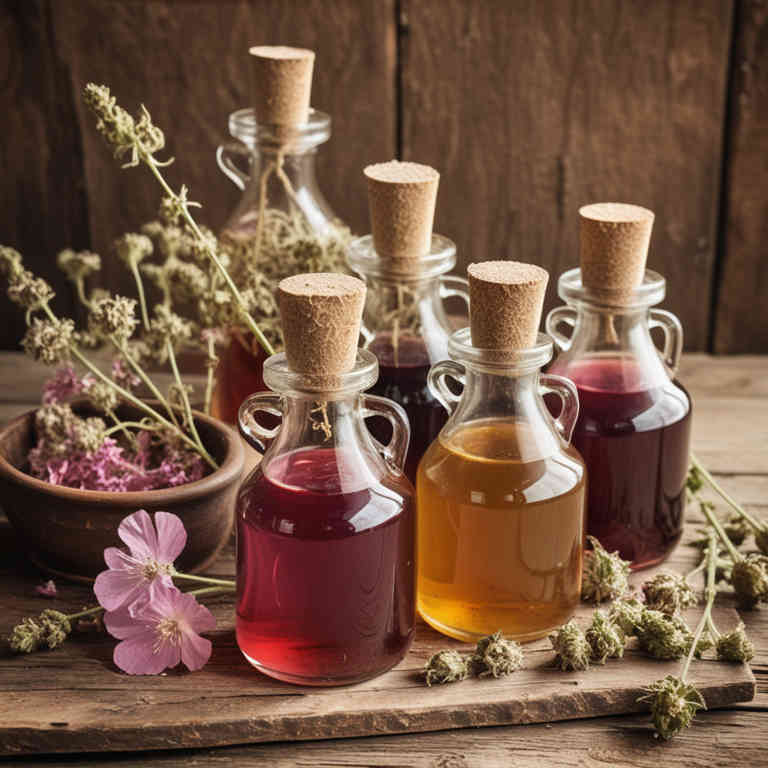
5. Linctuses
Althaea officinalis linctuses is commonly used to soothe coughs and ease respiratory discomfort.
This herbal preparation is particularly effective in treating dry, irritating coughs and reducing inflammation in the throat and bronchial tubes. It is often recommended for conditions such as bronchitis, whooping cough, and other respiratory infections. The bioactive constituents responsible for its medicinal properties include mucilage, which forms a protective layer over irritated mucous membranes, and compounds like alkaloids and flavonoids that have anti-inflammatory and antimicrobial effects.
Additionally, the high content of polysaccharides contributes to its demulcent action, providing relief from sore throats and coughing.
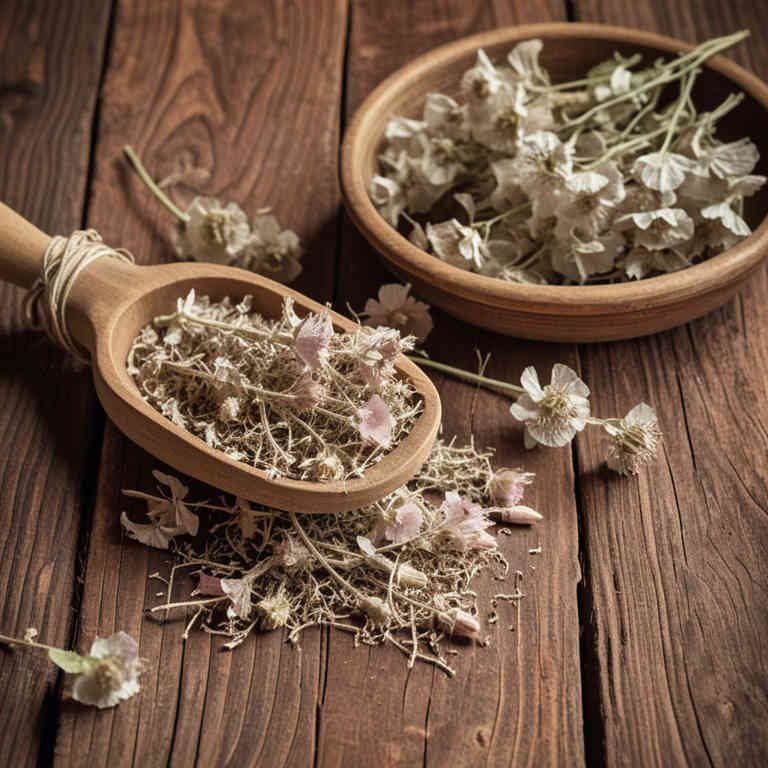
6. Lozenges
Althaea officinalis lozenges is commonly used to soothe sore throats, reduce coughing, and alleviate symptoms of respiratory tract infections.
These lozenges are often prescribed for conditions such as pharyngitis, laryngitis, and bronchitis due to their anti-inflammatory and demulcent properties. The most common medicinal uses include treating sore throats, coughs, and irritation of the upper respiratory tract. The bioactive constituents responsible for these effects include mucilage, which forms a protective layer over mucous membranes, and flavonoids, which have antioxidant and anti-inflammatory properties.
Additionally, the presence of polysaccharides contributes to the lozenges' soothing and healing effects on the throat.
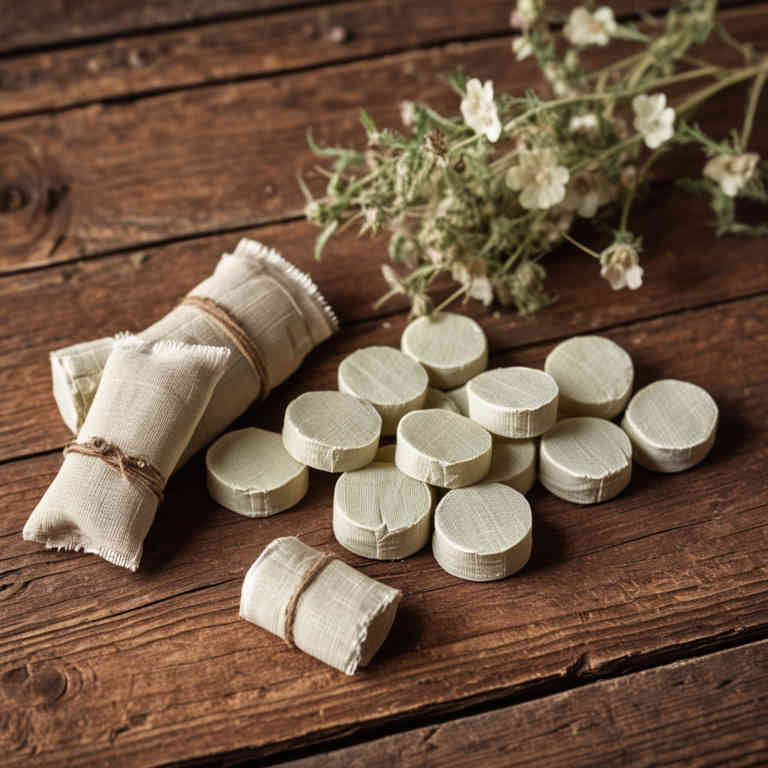
7. Poultices
Althaea officinalis poultices is commonly used to treat skin irritations, inflammation, and wounds due to their soothing and healing properties.
These poultices are frequently applied to alleviate symptoms of eczema, psoriasis, and minor burns. They are also used to reduce swelling and pain associated with bruises and sprains. The medicinal effects are attributed to bioactive constituents such as mucilage, which forms a protective layer on the skin, and flavonoids, which have anti-inflammatory and antioxidant properties.
Additionally, the presence of alkaloids and tannins contributes to the plant's ability to promote tissue repair and reduce infection risk.

8. Tinctures
Althaea officinalis tinctures is commonly used to alleviate symptoms of respiratory conditions, such as coughs, bronchitis, and sore throats, due to their soothing and expectorant properties.
These tinctures are also used to treat digestive issues like indigestion and inflammation of the gastrointestinal tract. The most common medicinal uses include reducing inflammation, easing respiratory discomfort, and promoting the expulsion of mucus. The bioactive constituents responsible for these effects include mucilage, which coats and protects mucous membranes, and flavonoids, which have anti-inflammatory and antioxidant properties.
Additionally, alkaloids and polysaccharides contribute to the plant's therapeutic benefits.
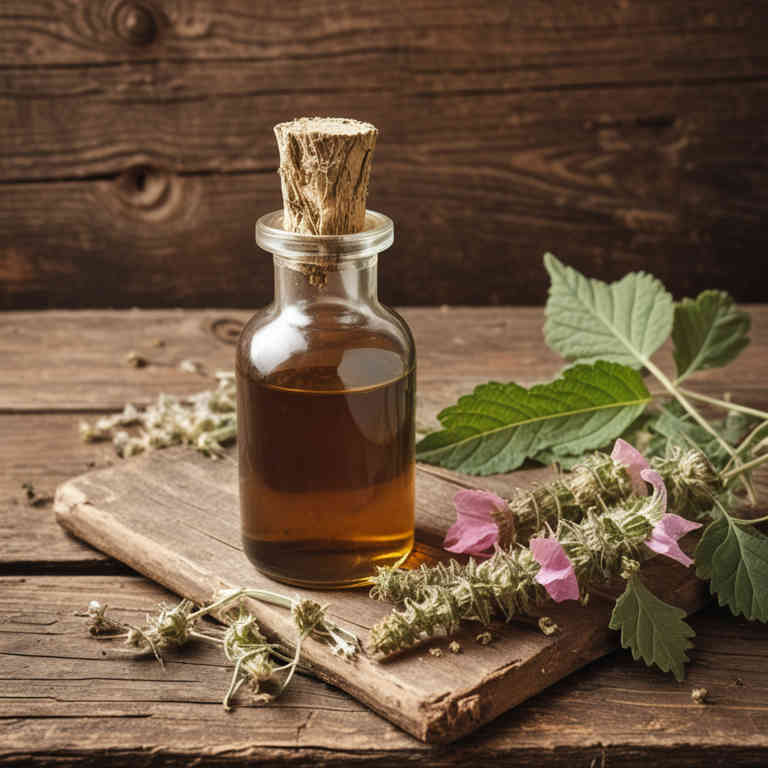
9. Creams
Althaea officinalis creams is commonly used to relieve symptoms of skin irritation, inflammation, and minor wounds due to its soothing and anti-inflammatory properties.
These creams are frequently applied to treat conditions such as eczema, psoriasis, and dermatitis, as well as to alleviate discomfort from burns and insect bites. The medicinal effects of Althaea officinalis are attributed to its bioactive constituents, including mucilage, which forms a protective barrier on the skin, and flavonoids, which have antioxidant and anti-inflammatory actions. Additionally, the presence of tannins and polysaccharides contributes to its ability to reduce redness and promote skin healing.
Overall, Althaea officinalis creams are valued for their gentle yet effective therapeutic benefits in skincare and minor dermatological care.
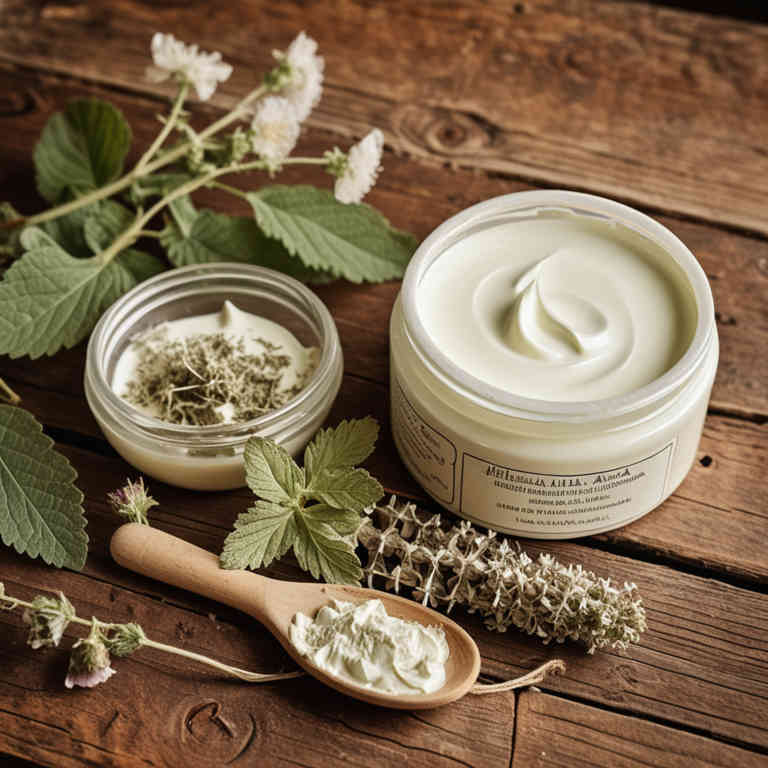
10. Capsules
Althaea officinalis capsules is commonly used to soothe respiratory and digestive tract irritation, often in the form of a demulcent.
They are frequently used to treat coughs, sore throats, and inflammatory conditions of the gastrointestinal tract. The most common medicinal uses include alleviating symptoms of bronchitis, asthma, and gastritis. The bioactive constituents responsible for these effects include mucilage, which forms a protective layer over mucous membranes, and flavonoids, which have anti-inflammatory and antioxidant properties.
Additionally, the plant contains polysaccharides and tannins that contribute to its soothing and healing actions.
